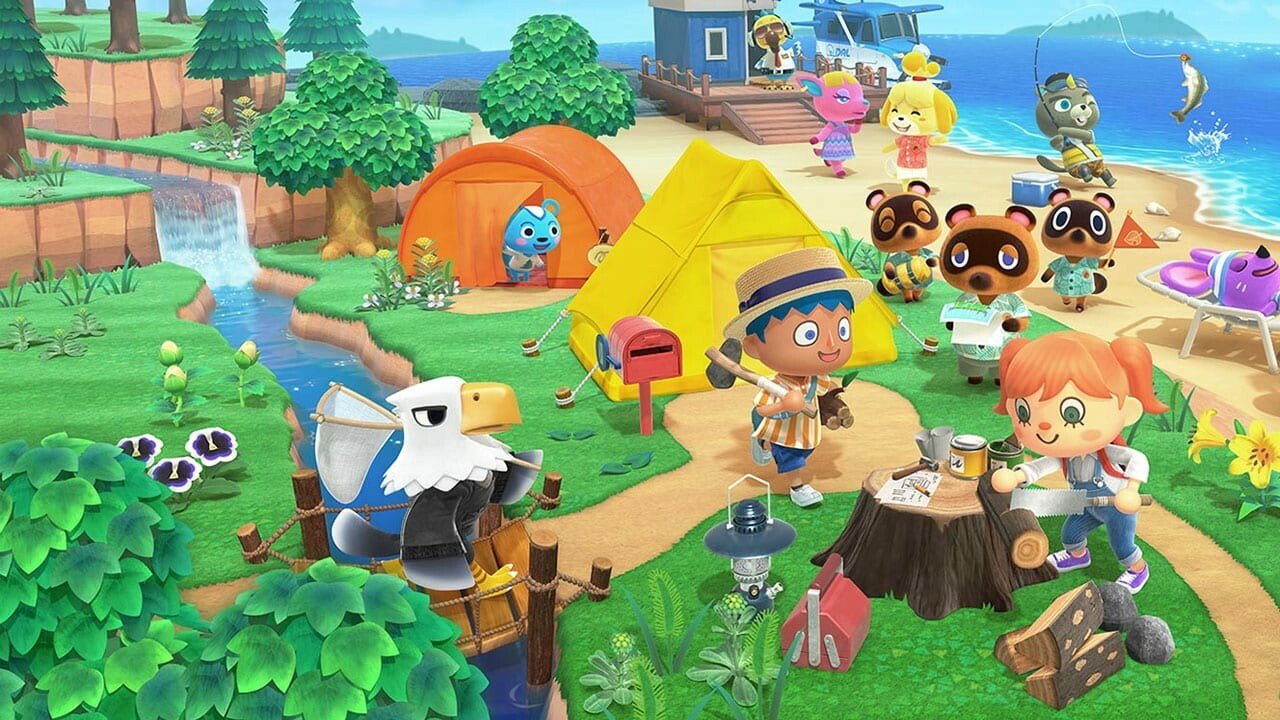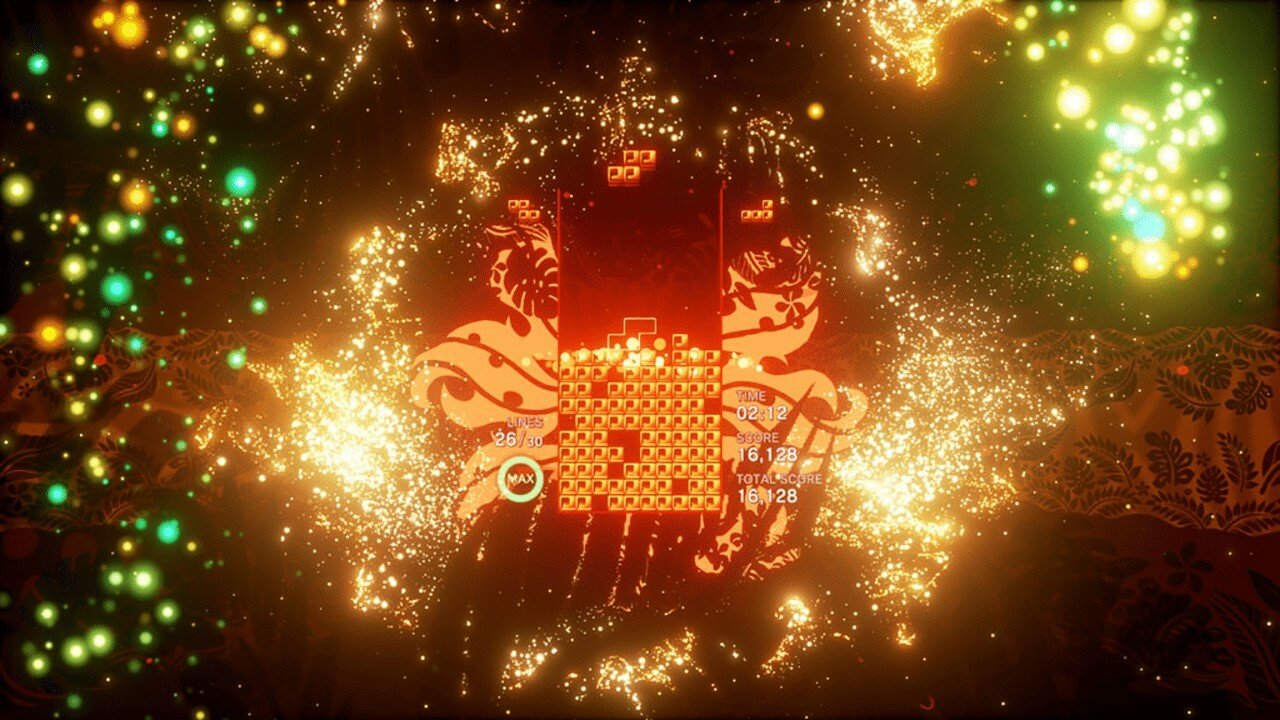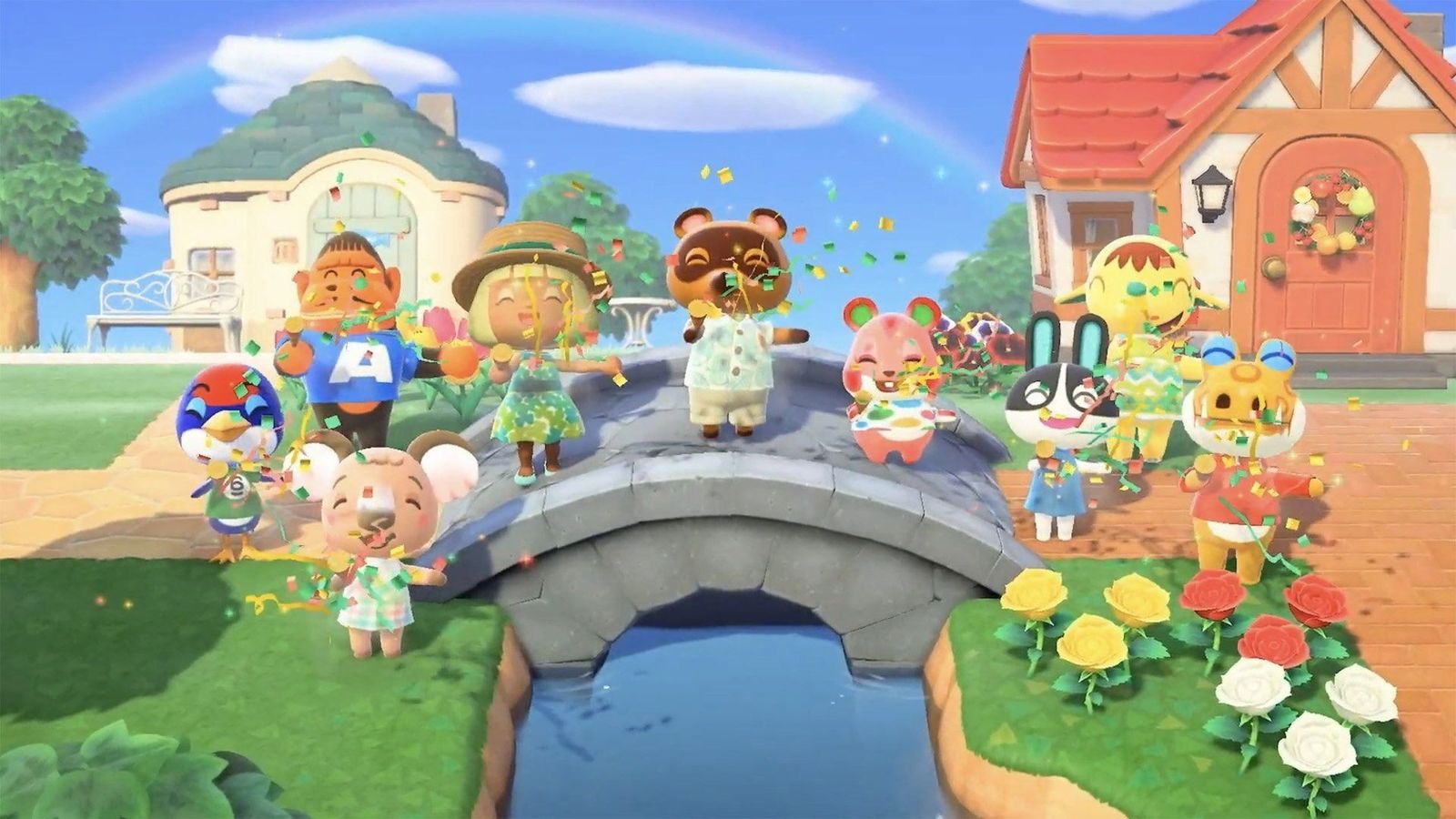As wellness culture expands beyond gyms and green juices, gaming has emerged as a surprising yet fitting frontier for emotional balance. More players are turning to video games not to compete but to relax, reflect, and reset. Whether it is tending crops in Stardew Valley, floating through space in Tetris Effect, or simply decorating a virtual home, gaming is becoming a legitimate form of stress relief. These digital escapes offer something essential in a high-stress world: peace, control, and space to breathe.

The Rise of Cozy and Mindful Games
Games like Animal Crossing: New Horizons, Unpacking, and PowerWash Simulator are rethinking what gaming is for. There are no enemies to defeat or timers to race. Instead, there is room to slow down. These titles focus on gentle mechanics, low-pressure tasks, and soothing sound design, creating an atmosphere that welcomes the overworked and overstimulated.
What makes these games so compelling is not just what they include but what they leave out. There is no failure, no urgency, and often no hard objectives. That absence of pressure is exactly what makes them a form of modern digital meditation.
Designed for Decompression
Developers are increasingly prioritizing experiences that help players relax and reset. The design elements often mirror traditional wellness tools such as ambient music, calming colour palettes, and intuitive interfaces. A Short Hike, for example, encourages exploration and quiet moments instead of goal-chasing. Meanwhile, Spiritfarer deals directly with themes of loss and emotional healing, and it does so with elegance and warmth.
This is no accident. Many indie developers have recognized the emotional needs of players in a chaotic, always-on world. Their games feel like an exhale.

Where Digital Escapism Meets Real-World Wellness
Gaming’s shift toward wellness mirrors broader cultural trends, and that includes adult wellness spaces too. Just as digital games offer therapeutic experiences through calm visuals and gameplay, many people also explore in-person relaxation services as part of their self-care routine.
In Los Angeles, for example, there is a growing demand for discreet wellness experiences that go beyond the typical spa menu. Services like nuru massage in LA offer physical relaxation through smooth full-body contact using a special gel. Often viewed as part of holistic wellness, these sessions prioritize trust, privacy, and emotional comfort.
Terms such as erotic massage LA, happy ending massage, and erotic massage parlours may raise eyebrows, but for many adults, they represent a legitimate form of stress relief, much like mindfulness games or guided meditation. In both digital and real-world settings, the demand is growing for experiences that restore a sense of calm and control in a safe and non-judgmental environment. Nuru massage LA has become part of that broader wellness dialogue, especially in cities like Los Angeles, where personalized care is in high demand.

The Future of Wellness Gaming
As the line between digital relaxation and mental health support continues to blur, more games are being designed for emotional wellness. Developers are exploring AI-powered mindfulness mechanics, storylines that promote self-reflection, and interfaces that reduce cognitive overload. Some are even building virtual reality environments focused on breathing exercises or therapeutic roleplay.
Wellness gaming is unlikely to replace therapy or physical care, but it offers something incredibly important: emotional safety. When a player logs into a calming game, they are creating a space for themselves that can be just as restorative as any real-world wellness experience.
The Bottom Line
In a world that rarely slows down, the emergence of digital wellness games is more than a trend. It is a cultural shift. From slow-paced simulators to narrative experiences that foster introspection, gaming is becoming a tool for healing and self-care. When paired with real-world choices honouring comfort and privacy, the result is a more holistic view of what wellness can look like.
For those seeking calm, whether through pixels or in-person care, the path to balance has never been more accessible or more personal.



